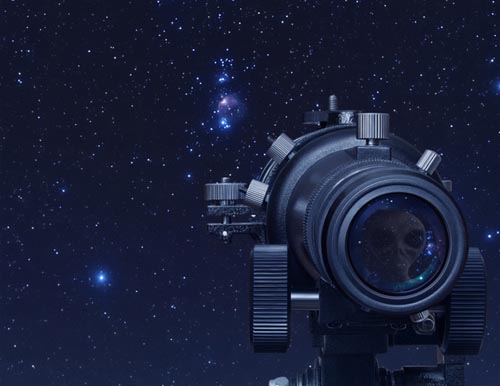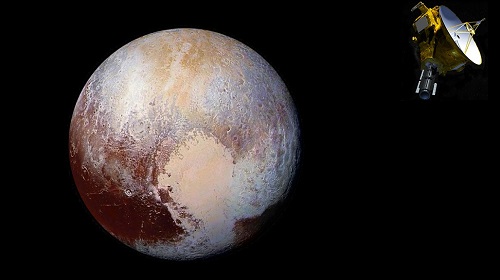Back in August of 2015, I predicted the Big Bang magicians (those who promote the big bang and go by various titles such as cosmologist, scientist, theoretical physicist etc.) would eventually propose a new fairy tale to explain yet another unexplained fact recently discovered about the wonderfully designed universe that we live in. That fact is the existence of rings of galaxies, in concentric circles, spanning the mind boggling distance of 5 billion light years. The Big Bang theory requires that the universe is homogeneous and isotropic – the same everywhere[1] so you should not see in it structures organized in a geometric pattern like concentric circles. Thus this discovery must somehow be explained and made to fit into the Big Bang theory somehow.
I discussed the discovery of this super structure and the problem it poses in an article titled The coming Big Bang fairy tale where I also made both the above referenced prediction, and guaranteed we’d see a new fairy tale:
To close, let me borrow from the former president of the men’s warehouse:
Another big bang fairy tale is coming. I guarantee it.[2]


_450.jpg)







